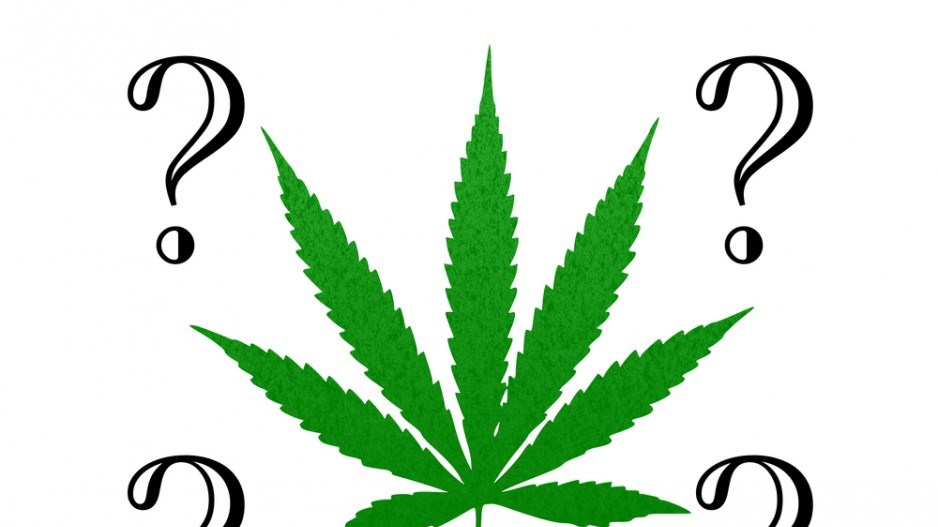Canada today legalized adult recreational cannabis use but regulations governing how adults may consume their cannabis in British Columbia could fill stacks of binders.
Here are some answers to key questions you might have now that cannabis is legal:
How old do I have to be to buy cannabis?
19 years old in B.C.
Where can I buy cannabis?
The B.C. government contracted Shopify to operate an e-commerce site. The only retail store in the province is government run and in Kamloops. Entrepreneurs have paid application fees for 173 potential private cannabis stores. None of those applications has yet been approved by the B.C. government and the relevant municipal government or Indiginous First Nation. Solicitor General Mike Farnworth has said that private stores will be approved and operating in the months to come.
What forms of cannabis are now legal to purchase for adult use?
Dried cannabis flower, pre-rolled joints, oil, capsules, and seeds will be legal to purchase. The federal government has put in place a regime to make edibles, infused drinks, concentrates and other cannabis products legal by October 17, 2019.
How much may I possess?
Individuals may each possess up to 30 grams of non-medical cannabis in public. There is a limit of one kilogram per household not including medical cannabis.
Is vaping cannabis legal?
Yes, vaping cannabis is legal, although it will be illegal to buy THC-concentrates or vape sticks intended to be used to vape THC solutions. Cannabis vape sticks are different from the vape sticks that people use in place of smoking tobacco. Vape sticks intended for those who want to consume nicotine may be damaged if the user adds a THC-infused concentrate instead of the nicotine solution known as e-juice.
Where can I consume my cannabis?
Government restrictions on cannabis consumption are very similar to that for tobacco. That means no smoking or vaping cannabis in indoor public places, except in a designated room at assisted living or retirement facilities, hospitals or hotel rooms by registered guests when the hotel owner allows the activity.
B.C. law prohibits consuming cannabis within six metres of doorways, windows, air intakes of public buildings, bus stops or bus shelters. That is also banned on public patios, sidewalks and boulevards that are adjacent to school properties.
There are also provincial bans on smoking or vaping cannabis in regional and municipal parks, except for designated campsites. Smoking or vaping cannabis in provincial parks is banned except in designated smoking areas or as authorized by a park officer.
How about consuming cannabis in vehicles?
Cannabis use is prohibited in vehicles, except in motorhomes or other motor vehicles, or campers, or trailers when parked off a public road or forest service road where camping is allowed and when being used as a private residence.
People may not consume cannabis on boats, except when in an assigned enclosed cabin on a commercially operated boat where the operator authorizes the use. Another exeception is on a boat with sleeping accommodations, kitchen facilities and a toilet when moored or anchored.
There are exemptions that allow for medical cannabis use on school property and on inter-city buses, trains and boats.
Am I able to ban my tenant from consuming cannabis?
Yes, B.C. is one of the provinces where landlords are not only able to ban tenants in new leases from consuming cannabis but they have also been legislatively given the right to impose bans in existing leases.
Can I grow my own cannabis?
Yes, in B.C. the limit per home is four plants for recreational use. Those who have a doctor’s authorization to grow plants for medical purposes may grow more than four plants.
May I travel with cannabis?
You may travel across provincial boundaries with cannabis and may carry up to 30 grams of cannabis on domestic flights. Carrying cannabis across international borders is illegal.
What remains illegal now that the Cannabis Act has come into force?
Possession, production, distribution and sale outside the legal system will remain illegal and subject to criminal penalties proportionate to the seriousness of the offence, ranging from ticketing up to a maximum penalty of 14 years' imprisonment.




